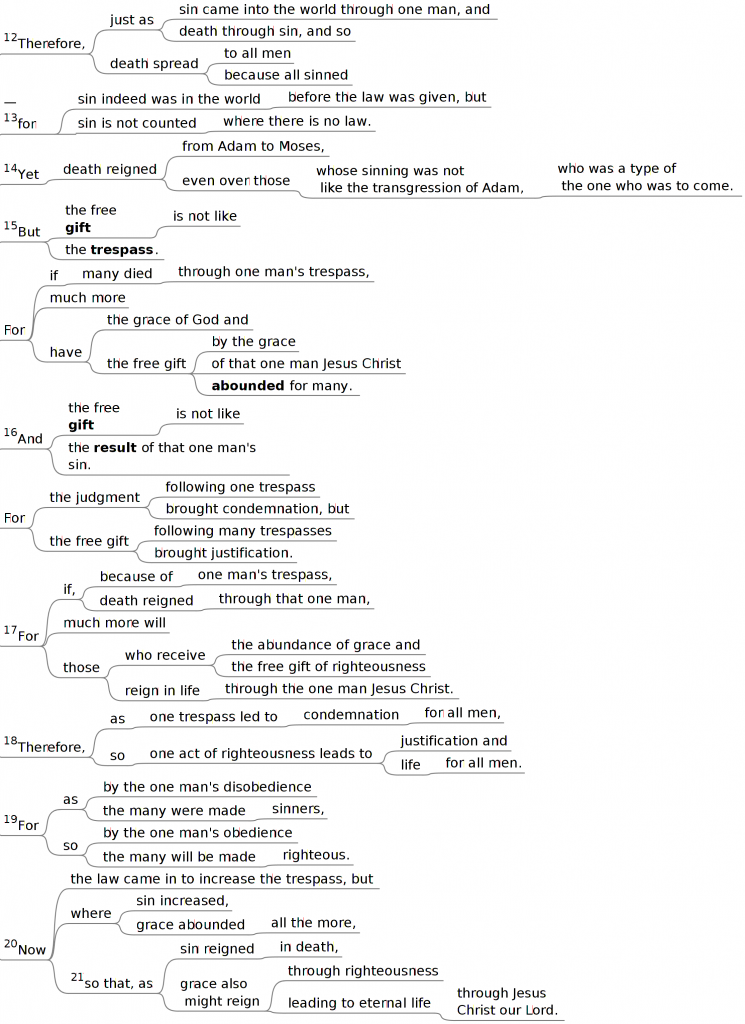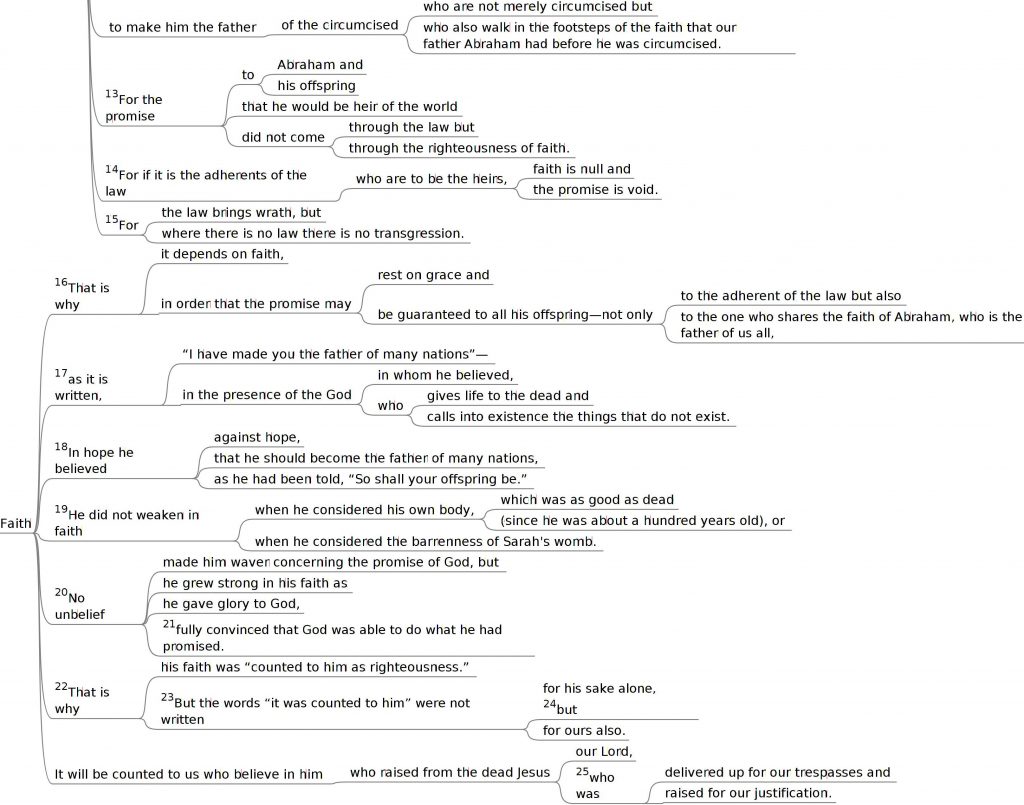A friend pointed out this morning the structure of the disciples’ questions in John 13-14, and I thought it worth laying out here. It’s almost as if, after Jesus’ celebration of Passover with his disciples (John 13:1-30), some still have questions, so Jesus holds office hours at night:
31When [Judas Iscariot] had gone out, Jesus said, “Now is the Son of Man glorified, and God is glorified in him. 32If God is glorified in him, God will also glorify him in himself, and glorify him at once. 33Little children, yet a little while I am with you. You will seek me, and just as I said to the Jews, so now I also say to you, ‘Where I am going you cannot come.’ 34A new commandment I give to you, that you love one another: just as I have loved you, you also are to love one another. 35By this all people will know that you are my disciples, if you have love for one another.”
36Simon Peter said to him, “Lord, where are you going?”
Jesus answered him, “Where I am going you cannot follow me now, but you will follow afterward.”
37Peter said to him, “Lord, why can I not follow you now? I will lay down my life for you.”
38Jesus answered, “Will you lay down your life for me? Truly, truly, I say to you, the rooster will not crow till you have denied me three times.
Ch 4: 1“Let not your hearts be troubled. Believe in God; believe also in me. 2In my Father’s house are many rooms. If it were not so, would I have told you that I go to prepare a place for you? 3And if I go and prepare a place for you, I will come again and will take you to myself, that where I am you may be also. 4And you know the way to where I am going.”
5Thomas said to him, “Lord, we do not know where you are going. How can we know the way?”
6Jesus said to him, “I am the way, and the truth, and the life. No one comes to the Father except through me. 7If you had known me, you would have known my Father also. From now on you do know him and have seen him.”
8Philip said to him, “Lord, show us the Father, and it is enough for us.”
9Jesus said to him, “Have I been with you so long, and you still do not know me, Philip? Whoever has seen me has seen the Father. How can you say, ‘Show us the Father’? 10Do you not believe that I am in the Father and the Father is in me? The words that I say to you I do not speak on my own authority, but the Father who dwells in me does his works. 11Believe me that I am in the Father and the Father is in me, or else believe on account of the works themselves.
12“Truly, truly, I say to you, whoever believes in me will also do the works that I do; and greater works than these will he do, because I am going to the Father. 13Whatever you ask in my name, this I will do, that the Father may be glorified in the Son. 14If you ask me anything in my name, I will do it.
15“If you love me, you will keep my commandments. 16And I will ask the Father, and he will give you another Helper, to be with you forever, 17even the Spirit of truth, whom the world cannot receive, because it neither sees him nor knows him. You know him, for he dwells with you and will be in you.
18“I will not leave you as orphans; I will come to you. 19Yet a little while and the world will see me no more, but you will see me. Because I live, you also will live. 20In that day you will know that I am in my Father, and you in me, and I in you. 21Whoever has my commandments and keeps them, he it is who loves me. And he who loves me will be loved by my Father, and I will love him and manifest myself to him.”
22Judas (not Iscariot) said to him, “Lord, how is it that you will manifest yourself to us, and not to the world?”
23Jesus answered him, “If anyone loves me, he will keep my word, and my Father will love him, and we will come to him and make our home with him. 24Whoever does not love me does not keep my words. And the word that you hear is not mine but the Father’s who sent me.
25“These things I have spoken to you while I am still with you. 26But the Helper, the Holy Spirit, whom the Father will send in my name, he will teach you all things and bring to your remembrance all that I have said to you. 27Peace I leave with you; my peace I give to you. Not as the world gives do I give to you. Let not your hearts be troubled, neither let them be afraid. 28You heard me say to you, ‘I am going away, and I will come to you.’ If you loved me, you would have rejoiced, because I am going to the Father, for the Father is greater than I. 29And now I have told you before it takes place, so that when it does take place you may believe. 30I will no longer talk much with you, for the ruler of this world is coming. He has no claim on me, 31but I do as the Father has commanded me, so that the world may know that I love the Father. Rise, let us go from here.
(annotation and re-paragraphing of John 13:30b-14:31 ESV)


